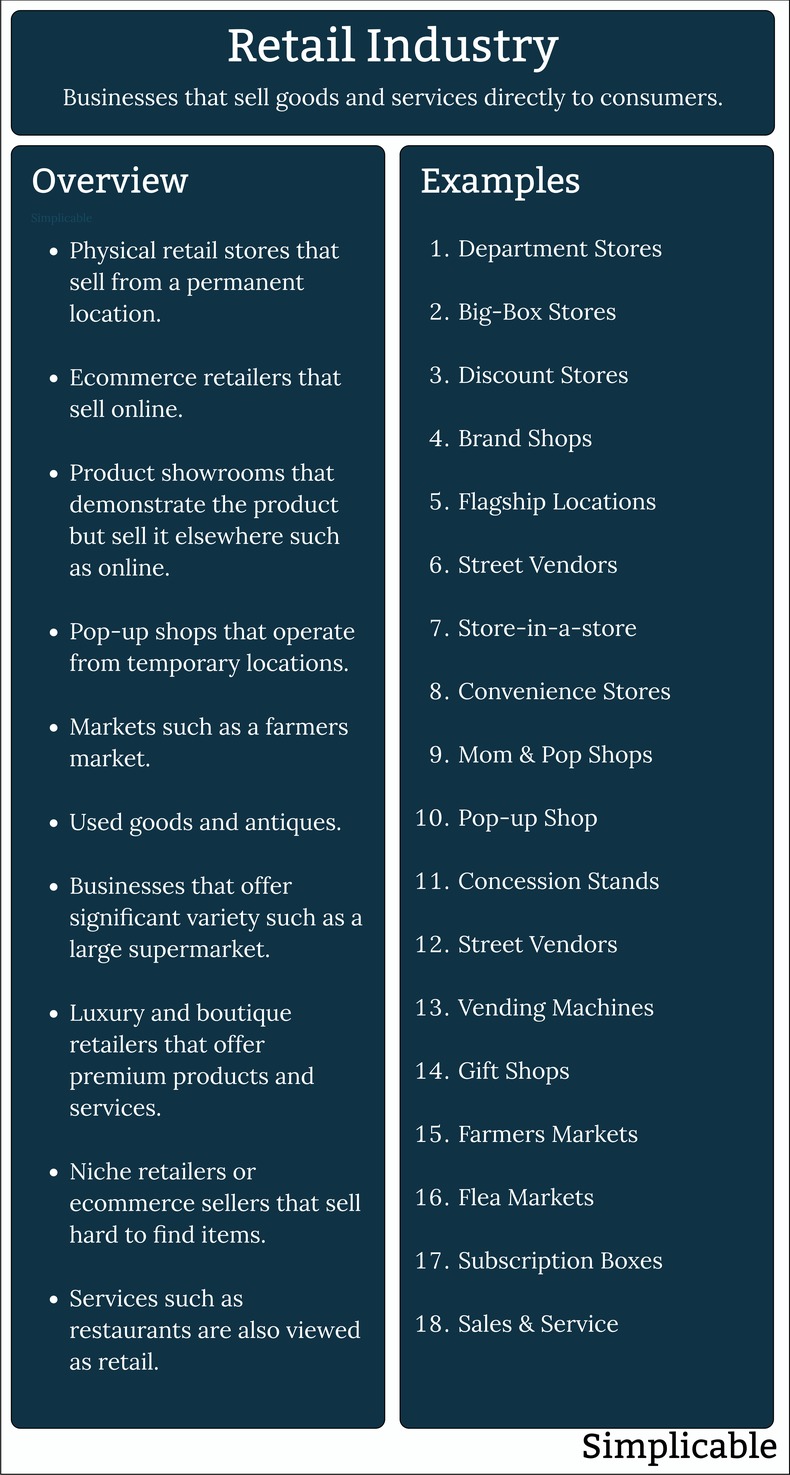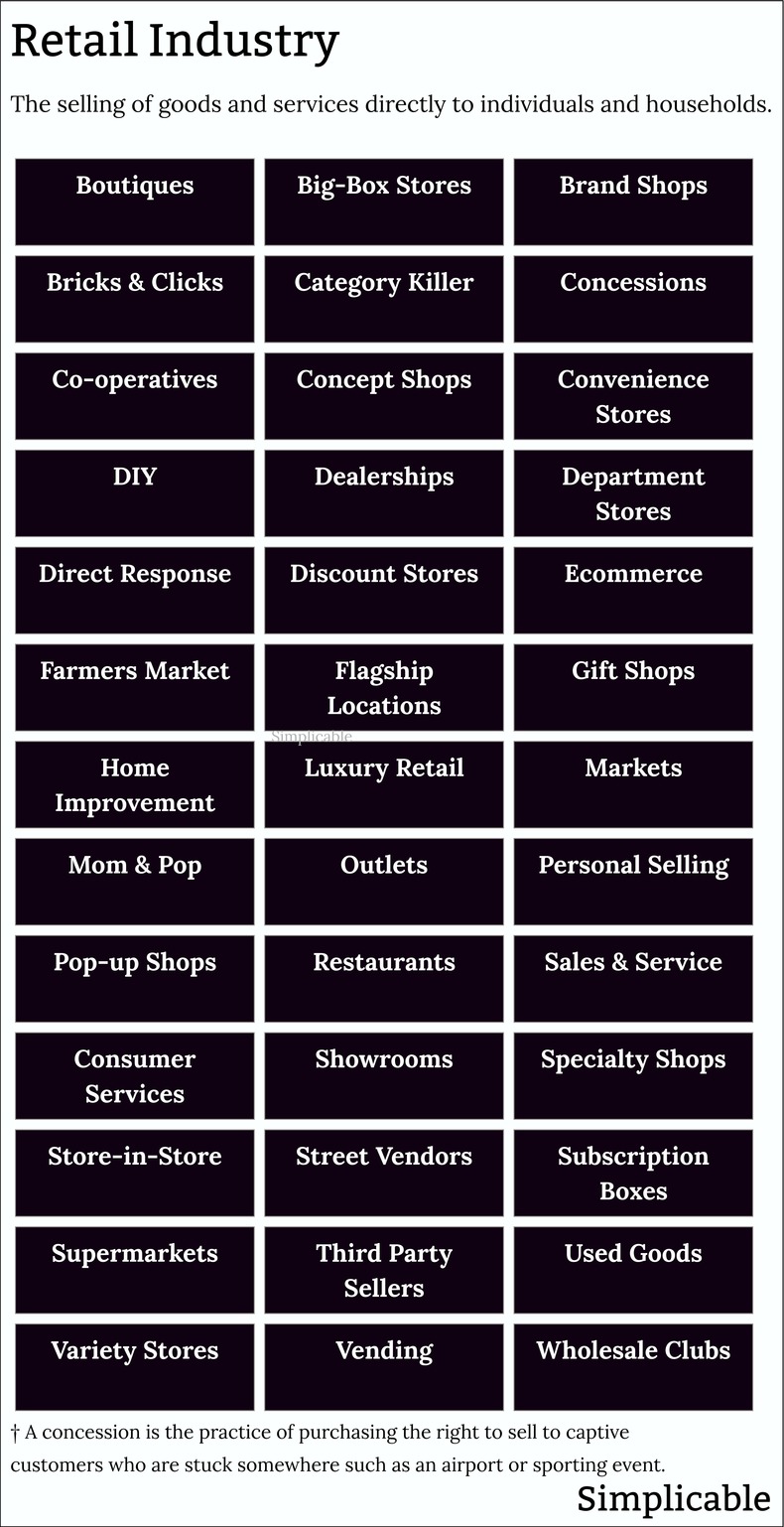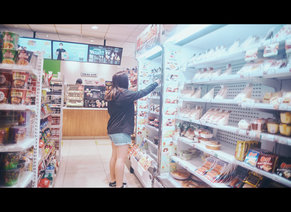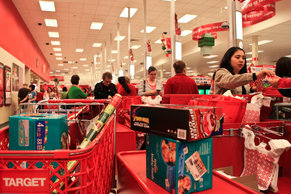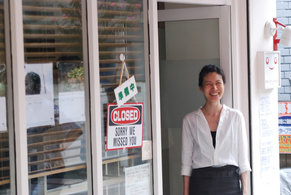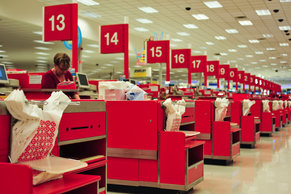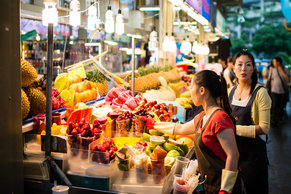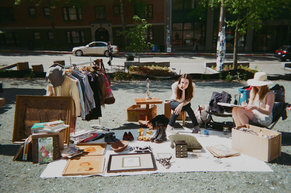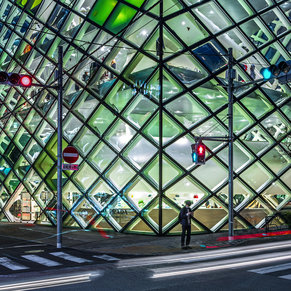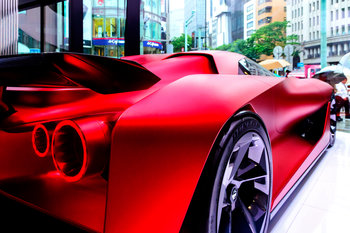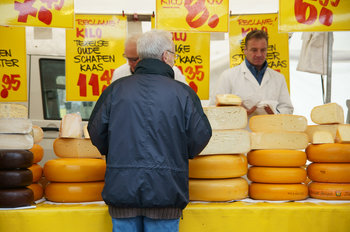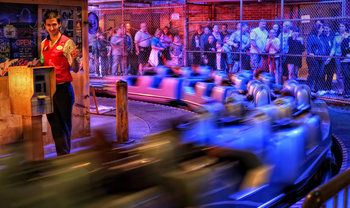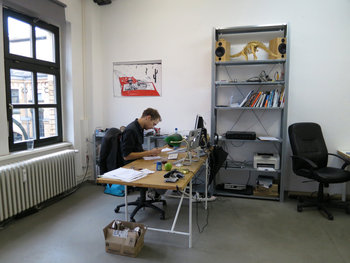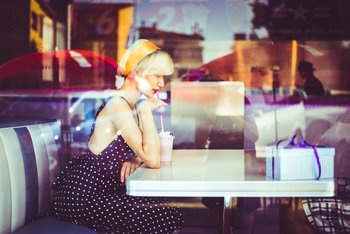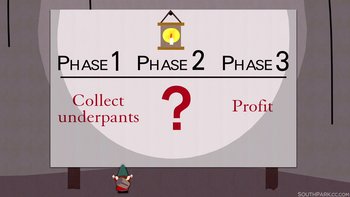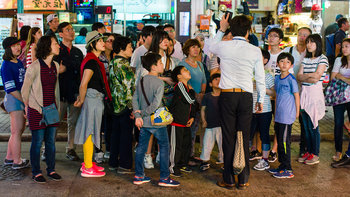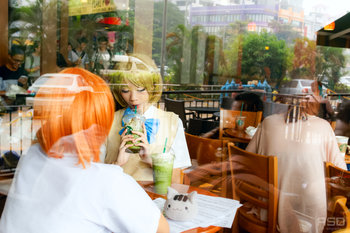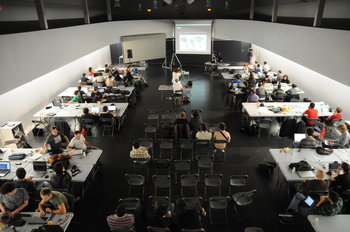|
| |
The retail industry the sector of the economy that sells goods and services to consumers. This includes both digital and physical locations and the sale of both products and services. The following are common types of retail business.
EcommerceThe sale of goods from digital locations such as a website or app. Third Party SellerSellers on ecommerce platforms that they do not own. This can include the sales of new, used, refurbished and collectible items.Bricks & ClicksBricks and clicks is the combination of a physical shop and ecommerce. For example, a collectable shop that also offers its inventory online.
Specialty ShopA retailer that offers niche products such as a snowboarding shop.Brand ShopA shop that sells a single brand.Department StoreA store that offers different types of goods in "departments." These often carry luxury, premium and specialty items.FlagshipA flagship is a location that is meant to be the premiere example of a retailer or brand. Flagships are commonly used to test products and hold media events such as product launches.ShowroomA posh location designed to show off a product. Showrooms may or may not actually sell the product.SupermarketA large shop that offers fresh food.Convenience StoresSmall shops that carry a variety of fast moving consumer goods. In some countries, these are extremely optimized with low prices and an impressive variety of popular items including fresh food. In other countries, these are relatively high priced and only offer basic dry goods with a long shelf life.Mom & PopUnique family owned shops. These typically rely on location, niche products or customer relationships to compete with far larger retailers.Big-Box StoresLarge format stores that may offer a great variety of goods such that they represent a one-stop-shop. Also known as a supercenter, superstore, megastore or hypermarket.Category KillerA category killer is a big-box store that dominates a product category in a particular nation or region. For example, a chain of large sports stores that have a high market share in a particular country.DiscountShops that have lower prices than competitors, often because they have achieved economies of scale. Discount stores may also sell refurbished goods.Off-PriceShops that sell low price brand merchandise such as excess inventory that didn't sell well. These shops may also sell items with small defects that failed quality control. Variety StoreA store that sells a variety of a very low priced items. This includes dollar shops and similar stores that sell a wide range of items at a single price point.Used GoodsThe sale of second-hand goods. These may appeal to the reuse ethic whereby used goods are viewed as having lower environmental impact.LuxuryThe sale of premium items at a premium price. This requires that supply is limited and demand is created through extensive promotion of a brand.OutletA brand shop or luxury shop that offers a lower price for consumers who are willing to visit an inconvenient location. This may be a means of achieving price discrimination whereby price insensitive consumers visit your more convenient, up-to-date, posh and full service shops but pay more. In some cases, outlets sell off-price items such as excess inventory. Store-in-StoreA shop located inside another shop that it doesn't own. This is a common arrangement for luxury brands with shops inside a department store. Street VendorsSales from an outdoor shop on land that you do not own and aren't leasing. Typically requires a license from a city.Pop-upShops that are temporary. These can be street vendors or shops that rent a location for a short period of time. For example, a vendor at an event such as a concert or conference.VendingSmall automated shops.Gift ShopA store at a tourist destination or hotel. These often specialize in souvenirs and may charge high prices due to a lack of competition. Captive MarketShops at locations where customers can't leave a location for a period of time such as the departure area of an airport. Such shops appear to engage in price-fixing at some airports whereby prices are significantly higher than local retailers in the same city.MarketsA market an area for wholesale trade between producers and businesses. These are sometimes open to consumers. For example, a fish market that mostly sells to restaurants and supermarkets that also sells to local consumers.Farmers MarketA market intended to allow food producers to reach consumers directly without a middleman.Wholesale ClubSales to consumers in bulk from locations that are essentially warehouses. In some cases, these charge membership fees.Subscription BoxesEcommerce sales based on a subscription. For example, a service that sends people samples of different organic coffee each month.Direct Response Broadcasting a message such as a television commercial or catalog and waiting for consumers to call you or visit your ecommerce site.Selling person-to-person. For example, an individual who buys and sells used boats to people they know.Services Some service businesses are considered retail where they open up shops in convenient locations. For example, dry cleaners are considered retail.RestaurantsRestaurants with table service are part of the hospitality industry. Take-out restaurants are often considered retail.Sales & ServiceA shop that both sells and services a product. For example, a shop that sells furnaces that also offers installation, maintenance and repair.DealershipAn authorized seller that performs sales on behalf of a manufacturer.Co-operativeA shop owned collectively by customers. For example, a shop that sells obscure mountain climbing gear that is owned by customers who buy memberships.Home ImprovementLarge shops that primarily sell goods for home renovations, small construction projects and gardening.DIYShops that sell items for diy enthusiasts. For example, an arts & crafts supply store designed to support the creative pursuits of people in urban areas.Concept ShopA shop based on a concept as opposed to product categories. For example, a shop in Tokyo that sells different products created by British artists and craftspeople.BoutiqueA shop that centers around a style. For example, a clothing shop that sells normcore fashions.OverviewRetailers sell goods and services directly to individuals and households. This includes a wide range of business models based on value propositions such as low prices, variety, convenience, hard-to-find items, premium items or one-of-a-kind items such as an antique.SummaryRetailers sell directly to customers from a physical store or digital tool such as a mobile app or website. Hybrid approaches are also common such as a product showroom that demonstrates a product that is available online.DiscussionIndustries can overlap. For example, restaurants can be viewed as retail but are also in the hospitality industry.Next: Industries
If you enjoyed this page, please consider bookmarking Simplicable.
A list of retail industry business terms.
The common types of in-store marketing.
The common types of merchandise.
The definition of fashion marketing with examples.
The definition of middleman with examples.
The definition of soft goods with a list of examples.
The definition of softlines with examples.
The definition of hard goods with examples.
A list of common business models.
The definition of cottage industry with examples.
The definition of hospitality industry with examples.
The definition of underpants gnomes with examples.
The definition of service model with examples.
The definition of intermediary with examples.
A list of the basic types of sports business.
A list of common careers.
A list of lifestyle products.
TrendingThe most popular articles on Simplicable in the past day.
Recent posts or updates on Simplicable.
Site Map
© 2010-2023 Simplicable. All Rights Reserved. Reproduction of materials found on this site, in any form, without explicit permission is prohibited.
View credits & copyrights or citation information for this page.
|
